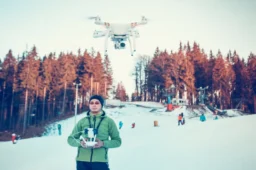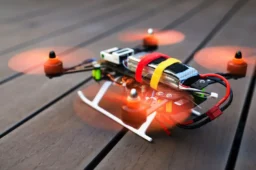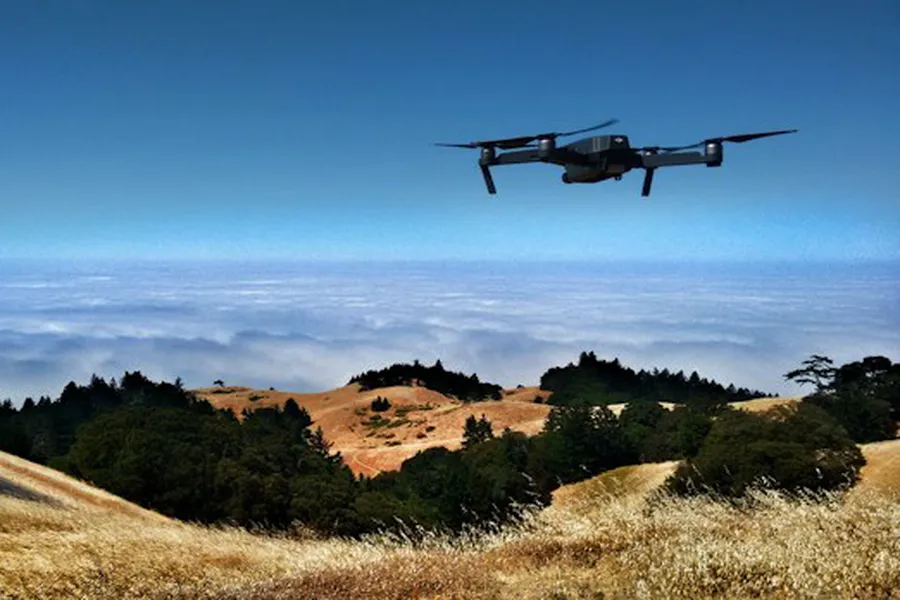
How to Get a Drone License
How to Get a Drone License, Sure. This opportunity only for you in 2024, when you setup your mind to this profession. So you’re ready to take to the skies with your trusty drone! But before you do, it’s important to understand the rules and regulations governing unmanned aircraft systems (UAS), commonly known as drones. The good news is, in many cases, you can obtain your drone license online! Please read carefully this writing. If you reading carefully must gain perfect information.
What You Should Know For Drone License Online
Recreational vs. Commercial Drone Use:
-
Recreational Flying: If you’re just flying for fun, under the FAA’s Part 107 Small UAS Rule, you don’t actually need a license. However, you must pass the TRUST (The Recreational UAS Safety Test), which is an online, free knowledge test covering basic drone safety rules.
-
Commercial Flying: If you’re planning to use your drone for business purposes, such as photography, real estate, or delivery, you’ll need to obtain a Remote Pilot Certificate (RPC) from the FAA. This involves:
- Passing the FAA knowledge test: The same TRUST test used for recreational flying applies here.
- Completing an online training course: There are many accredited online training providers offering courses that meet the FAA’s requirements.
- Applying for the RPC: Once you’ve passed the knowledge test and completed the training, you can submit your application online through the FAA’s Integrated Airmen Certification System (IACRA).
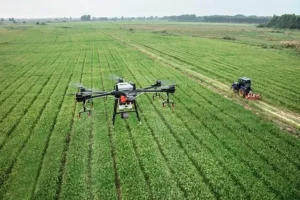
Benefits of Obtaining Your Drone License Online:
- Convenience: Learning and testing at your own pace from the comfort of your home is unbeatable.
- Flexibility: Online courses and tests are often available 24/7, allowing you to fit them around your schedule.
- Cost-effective: Online options are generally more affordable than in-person training.
Additional Resources:
- FAA Drone Website
- Know Before You Fly
- Online Drone Training Providers: A quick Google search will reveal numerous accredited providers.
Remember, regardless of how you obtain your license, responsible drone operation is crucial. Always fly within the regulations, respect privacy, and be mindful of others’ safety. With proper knowledge and responsible practice, you can enjoy the exciting world of drone flight!
Here are some additional tips for a successful online drone license journey:
- Choose a reputable training provider: Look for an FAA-approved course with good reviews and experienced instructors.
- Actively participate in the training: Don’t just passively watch videos; take notes, ask questions, and engage with the material.
- Practice, practice, practice: Once you’ve completed your training, get some hands-on experience flying your drone in a safe, controlled environment.
- Stay up-to-date: Drone regulations are constantly evolving, so make sure to stay informed about any changes.
With the right approach and a commitment to safety, obtaining your drone license online can be a smooth and rewarding experience. So buckle up, take flight, and explore the endless possibilities of the skies!
Do I need a drone license
“Do I need a drone license?” It’s a question buzzing around every aspiring drone pilot, and for good reason. Navigating the regulations can feel like threading a needle blindfolded. Worry not, fellow sky-farer, for this answer will equip you with the knowledge to soar with confidence!
First things first: the license vs. registration distinction.
Licenses: Think of these as permits to fly for specific purposes. In most countries, including the US (under FAA Part 107), licenses are only required for commercial drone operations: photography, delivery, inspections, you name it. Recreational flying for your personal kicks? Typically, no license needed.
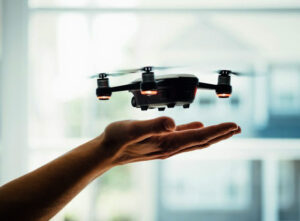
Registration: This essentially marks your drone as legal, ensuring it can be tracked and identified. Most countries (again, including the US) require registering drones that weigh above a certain threshold, usually around 0.55 pounds (250 grams).
Now, let’s break it down by situation:
1. Recreational Pilot: Craving aerial selfies and epic landscape shots? You’re likely good to go without a license, as long as you abide by local regulations for recreational flights:
- Keep your drone in visual line of sight (VLOS).
- Stay below 400 feet altitude.
- Keep away from airports, restricted airspace, and populated areas.
- Remember, even without a license, responsible and safe flying is paramount!
2. Commercial Drone Jockey: Aspiring to drone your way to entrepreneurial heights? Buckle up for license territory! Passing a knowledge test like the FAA’s Remote Pilot Certificate exam becomes your gateway to commercial skies. This ensures you understand safe operating procedures and airspace rules.
Final Quote:
It is true that, presently world depended in online technology. Drone Technology became to increase day by day. If your have time and your passion grow to carrier in drone technology, must take this opportunity. Hope this writing help you. If have any questions about drone technology, feel free massage me. I’ll answer in my update knowledge. Thanks




